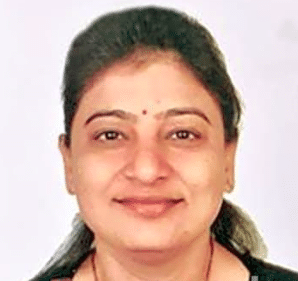Get the App
For Doctors
Login/Sign-up
Dr. Anjali Vaish
Gynaecologist24 Years Exp.
MBBS, DGO, DNB - Obstetrics & Gynecology, Infertility Training
Noida
₹ 800 at clinic
City Medical Center
Shop No-204, Tradex Tower, 1, Noida-Greater Noida Expy, Alpha-I Commercial Belt, Block A, Alpha I
Consultation Fee: ₹ 800
View All Slots
Personal Statement
I believe in health care that is based on a personal commitment to meet patient needs with compassion and care...read more
Doctor Information
Speciality
- Gynaecologist
Other treatment areas
- Obstetrician
Education
- MBBS , Sarojini Naidu Medical College , Agra , 2001
- DGO , Aligarh Muslim University, Aligarh , 2006
- DNB - Obstetrics & Gynecology , National Board of Examinations, New Delhi , 2010
- Infertility Training , Life care Infertility center Delhi , 2015
Languages spoken
- English
- Hindi
Professional Memberships
- Association of Obstetricians & Gynaecologists of Delhi (AOGD)
- Federation of Obstetrics and Gynaecological Societies of India (FOGSI)
Clinic Location
Shop No-204, Tradex Tower, 1, Noida-Greater Noida Expy, Alpha-I Commercial Belt, Block A, Alpha I
Clinic of Dr. Anjali Vaish
| Clinic's Name | Fees |
|---|---|
| City Medical Center | ₹ 800 |
Get Help
Services
Book Clinic Appointment with Dr. Anjali Vaish
City Medical Center
Shop No-204, Tradex Tower, 1, Noida-Greater Noida Expy, Alpha-I Commercial Belt, Block A, Alpha I
₹ 800 at clinic
See all timings


